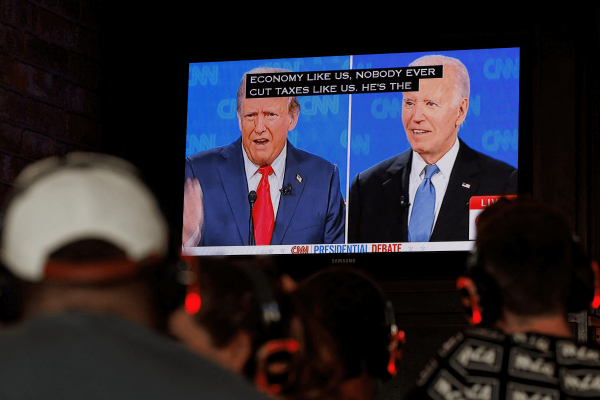Jun 28, 2024
When election season rolls around, both politicians will no doubt hope to have the votes of people living at or near poverty, particularly those living in the urban centers of swing states. But what hope can people experiencing poverty have that their government has their best interests at heart when most candidates only seem to acknowledge their existence as voters rather than as people with inherent dignity and very specific and urgent needs?
Read the Full Article

Already a subscriber? Login
